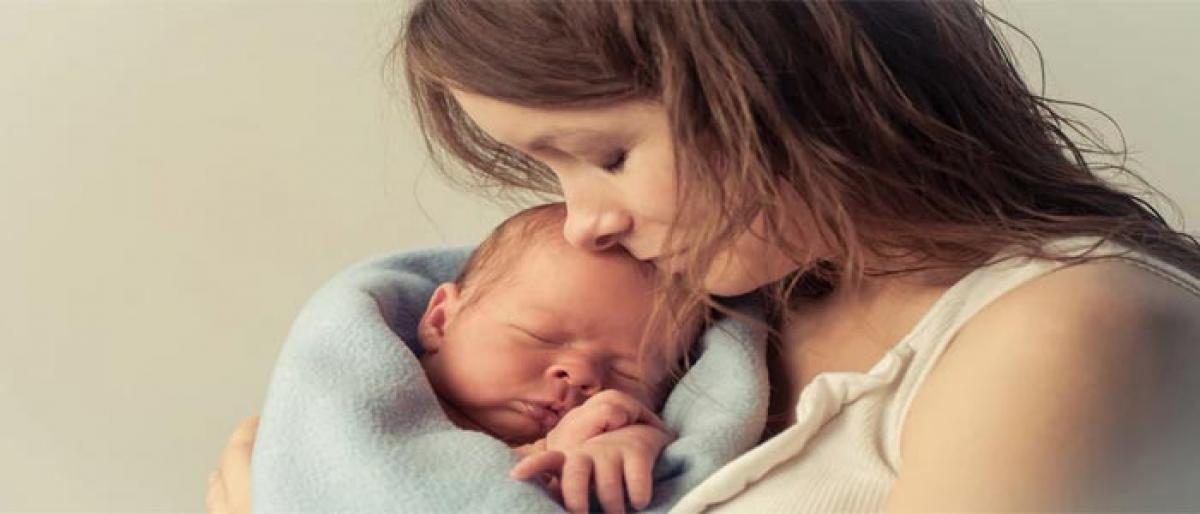Live
- 10,000 Palestinian women killed in Gaza: UN Women
- Trinamool again conspired to thwart Ram Navami celebrations in Bengal: PM Modi
- Death toll in flooding in Afghanistan rises to 50
- Electioneering, campaigning to end by 6 pm on Wednesday in TN: CEO
- Denmark's historic stock exchange in Copenhagen goes up in flames
- Microsoft invests $1.5 billion in UAE-based AI company G42
- Jyotiraditya Scindia files nomination for MP's Guna LS seat
- Death toll in rain-related incidents in Pakistan rises to 50
- MP Dharmapuri asks CM Revanth Reddy to join Congress
- Conspiracies are on to eliminate Owaisi brothers: Akbaruddin









